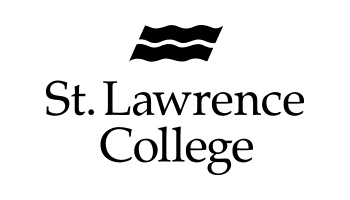Program Overview
In the CST program, students will acquire the expertise and practical skills to support the use of computers and networks within a business environment. Graduates are able to work both independently and as part a team to implement and maintain IT solutions to meet the day-to-day requirements of individuals and organizations. Over the course of the program, our students gain the specialized skills required for client/server computing, cloud computing, O/S virtualization, enterprise networks, administration and Internet management and more.
Admission Requirements
Secondary School Diploma including Math 11 and English 12, or equivalent. Student must meet one of the language requirements
- Canadian College of English Language Level 140, Pass with 60%.
- St. Lawrence College ESL Advanced, Pass with 60%
- IELTS 6.0 (minimum of 5.5 in each section)
- TOEFL CBT 213 , TOEFL IBT 78






